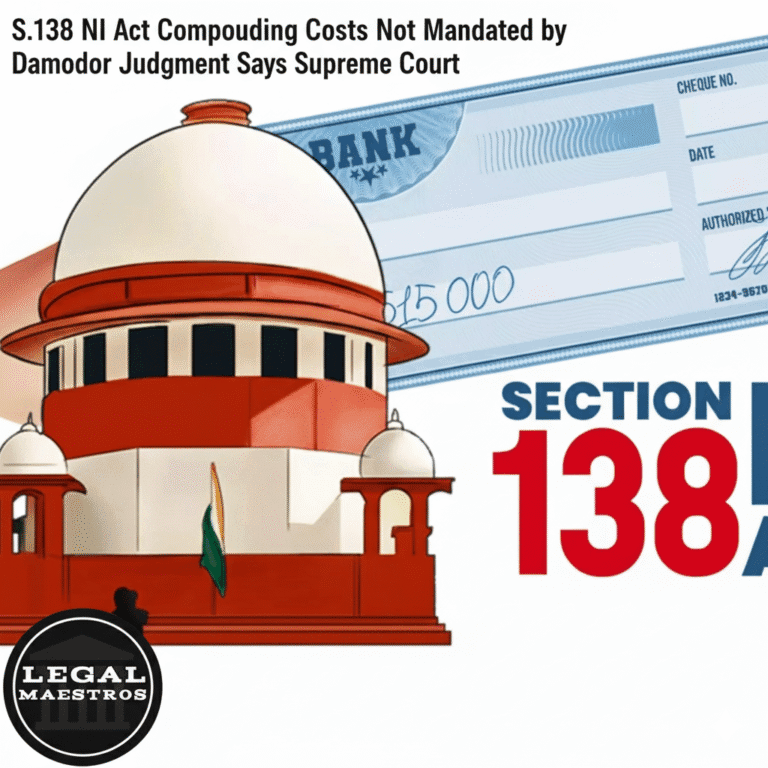
Supreme Court Dismisses Bata and Crocs Pleas in Passing Off Dispute Over Footwear Design
A Battle of Long Protracted Battle About a Famous Clog.
One of the big legal cases involving American shoe manufacturing company Crocs and various India shoe manufacturing companies, such as Bata, has at last been resolved by the Supreme Court of India. The case itself is not a recent matter as it had been under the court system more than a decade ago. It is all based on the legendary design of the perforated foam clogs which Crocs is known to have. Crocs claimed that other businesses such as Bata were selling shoes that were almost similar to its clogs.
This court struggle revolved around a phenomenon termed as passing off. Crocs maintained that the shape of its shoes is so well-known that the customers immediately identify it as a Crocs brand. Crocs argued that Bata and the other firms were deceiving the customers by selling similar looking clogs. According to them, this was an effort to counterfeit their shoe brand as having some relationship with the popular Crocs brand, thus, unjustly capitalising on the reputation that Crocs had diligently worked to build.
The Indian companies, on the contrary, viewed the law in a very different perspective. According to them, Crocs had registered its Clog shape under another law, the Designs Act, 2000. This legislation provides safeguarding to a unique look or shape of a product over a limited period of time, not more than fifteen years. They reasoned that the protection is not valid afterward and as soon as this time lapses, the design comes to be in the open domain and anyone may use it.
For any queries or to publish an article or post or advertisement on our platform, do call at +91 6377460764 or email us at contact@legalmaestros.com.
The case was a case of Indian intellectual property. It posed a very crucial question, at what did the company seek to preserve the shape of a product forever, even when it is no longer protected by special protection by the Designs Act? This is the question which went all the way up to the court system, including the Delhi High Court, to the Supreme Court.
Simple Terms What Is the Obvious Meaning of Passing off?
The whole case depends on the law concept of passing off. It is a common law notion, that is, it is constructed out of court decisions over the decades. Passing off, in terms of simplicity, is unfair competition. It occurs when one business does an act to make the goods or services it offers appear to be of another and more well known business.
A company such as Crocs must demonstrate three things in order to succeed in winning a passing off case. One, they have to demonstrate that they have established a great reputation or goodwill in the appearance of their product. They need to demonstrate the fact that the shape of the foam clog makes customers think of the Crocs brand and no other brand. This is the process of getting a second meaning.
For any queries or to publish an article or post or advertisement on our platform, do call at +91 6377460764 or email us at contact@legalmaestros.com.
Second, the company has to demonstrate that the product of the other company is misrepresentation. This implies that they must demonstrate that the resemblance of design as used by Bata or Liberty would put an average customer in a state of confusion. It is in a bid to demonstrate that a shopper may purchase the Bata clog believing it is a Crocs clog or in any way that it is endorsed by Crocs.
Third, Crocs must be capable of demonstrating that this perplexity is harming its business. This destruction may be a direct loss of sales, as clients are purchasing the similar-looking shoe at a lower price instead. It may also be hurt to its brand image especially when the products involved are of a lesser quality which may pose a threat to the luxurious image that Crocs has created.
The Great Law Debacle: Design Law and Trademark Law.
The case is an ideal case of a collision of two types of legal protection. The first is the Designs Act, 2000. The law is aimed at safeguarding aesthetic beauty of a product shape, pattern, or structure. It promotes innovation by providing the innovator with a temporary monopoly, ten years with an additional five years of possible extension. Then, the design is made a common property of everybody.
For any queries or to publish an article or post or advertisement on our platform, do call at +91 6377460764 or email us at contact@legalmaestros.com.
The second legislation is the Trade Marks Act, 1999. A trademark is not concerned with the design, but with its role as an identification of the sources. A trademark such as a brand name or an insignia informs you of the manufacturer of the product. The primary objective of the trademark law is to ensure that the consumers are not confused, as well as safeguard the reputation of the brand. As far as it is used in business, a trademark may be renewed indefinitely.
Here lies the problem. In 2004, Crocs had already filed a design registration in India on its shape of clogs. This registration has since lapsed, that is, the design is supposed to be free to use by anyone. Nevertheless, Crocs presented a case that its form is well known such that it is no longer a design but a trademark. They boasted that the form itself is now their own logo, which informs their customers that it is a Crocs product.
According to the Indian footwear producers led by Bata, this was a bid to evergreen their monopoly. They alleged that Crocs was attempting to evade the time restriction on the Designs Act through the trademark law. They maintained that you cannot have it both ways. When you register the shape of your product as a design, your acceptance is subject to the 15-year period. You can not then round and say it too is a trademark in order to have a perpetual protection.
For any queries or to publish an article or post or advertisement on our platform, do call at +91 6377460764 or email us at contact@legalmaestros.com.
The Journey through the High Court.
The case was handled by a complicated course in the Delhi High Court. Initially, in 2019, one judge supported Bata and the other Indian firms. This court rejected the cases brought by Crocs. The judge made a decision that they could not maintain the suits because it was agreed that a company cannot seek protection of passing off in a shape that had already been registered as a design.
This move was a big success to the Indian manufacturers. It endorsed the notion that the two laws are distinct and that the time span of the Designs Act is strict. Crocs, however, took this case to a higher bench of the same court which is a Division Bench. This Division Bench in July 2025 overturned this first decision entirely.







